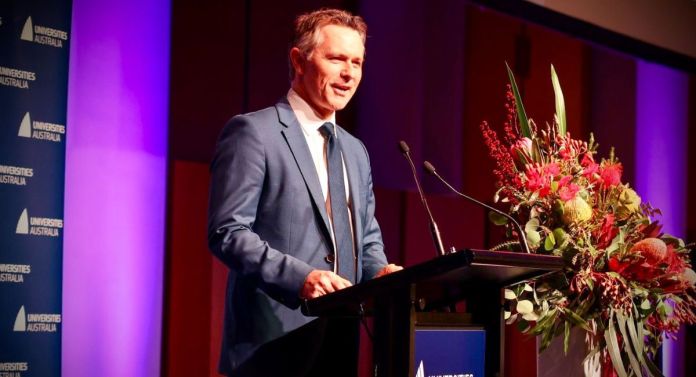The Australian Federal Government is making it harder for academic cheating services to target higher education students.
The Albanese government has blocked another 100 academic cheating websites.
Since August 2022, this is the third time that TEQSA, the higher education regulator, has used protocols with Australia’s major ISPs to disrupt access to websites targeting students studying with an Australian higher education provider.
Cheating websites offer to sell students essays or assignments or accept payment for someone to sit exams on a student’s behalf.

Jason Clare MP, Minister for Education, said in a statement:
“Illegal cheating services threaten academic integrity and expose students to criminals, who often attempt to blackmail students into paying large sums of money. Blocking these websites seriously disrupts the operations of the criminals behind them.”
Analysis shows that after TEQSA began using these protocols in August 2022, web traffic from Australia to illegal cheating services halved in semester 2 2022 (September – November) compared with the same time in 2021.
Minister Clare added:
“The Albanese Government is working with the higher education sector to reduce the risk posed by cheating services.”

Australia’s anti-cheating laws make it illegal to provide or promote academic cheating services. Penalties include up to 2 years in prison and fines of up to $110,000.
Students who are found to engage in cheating are subject to their institution’s disciplinary penalties.
In addition to TEQSA’s enforcement action and work with providers and international partners to share intelligence, the agency has also developed a range of resources for students and staff.
These include advice on avoiding cheating services for students and a new training course to upskill academics and staff within institutions to deter, detect and respond to cases where students outsource work to third parties.
The present action to block another 100 websites brings the total number of illegal cheating websites blocked under these protocols to 250.





